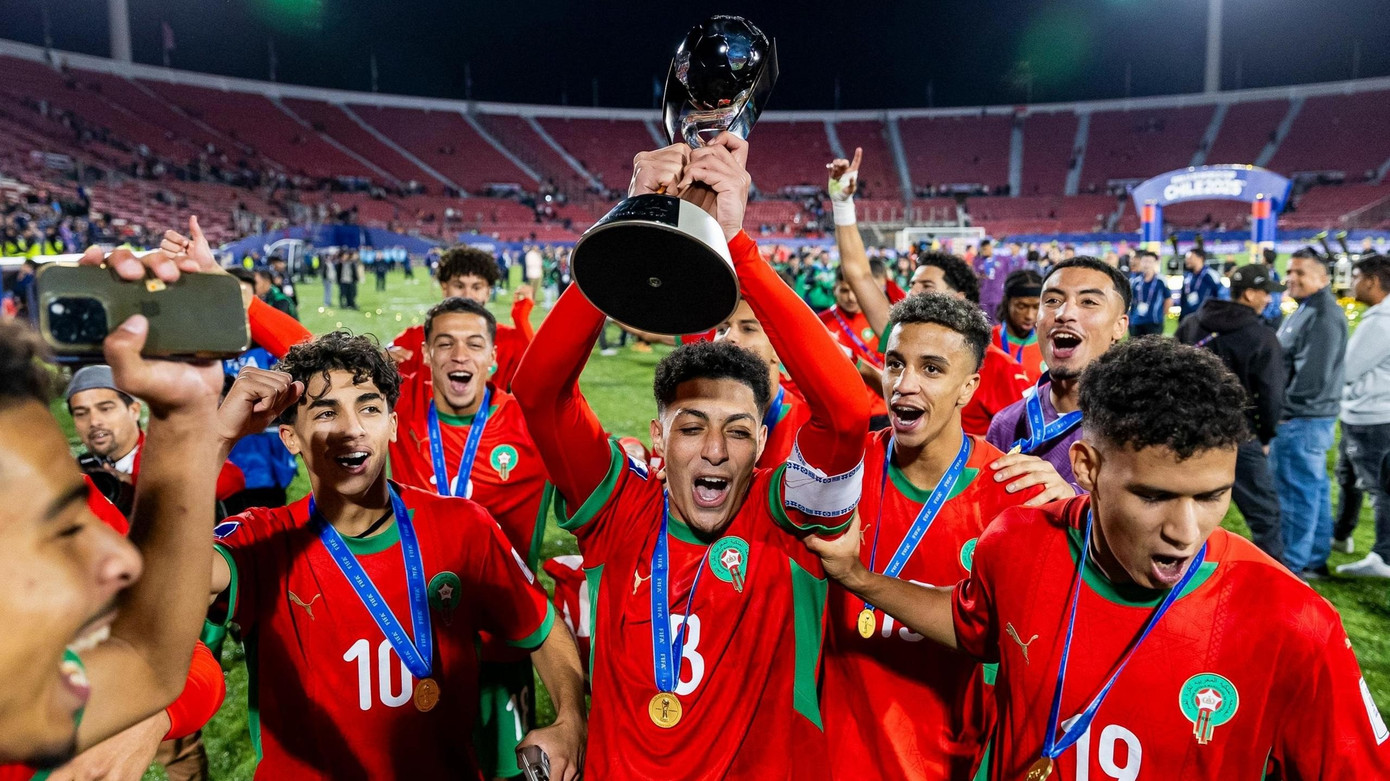
Three years ago in Qatar, the Moroccan national team reached the semi-finals of the World Cup. Although they could not go further, this was an unprecedented feat for the Maghreb country as well as African football.
Now, the Moroccans have created another miracle. At the U20 World Cup in Chile, they not only reached the final but also defeated six-time champions Argentina 2-0. To understand how good the young Moroccans are, just look at the opponents they have defeated.
The Atlas Lions topped a group that included Spain, Brazil and Mexico, then overcame South Korea, the United States and France, and finally beat Argentina. Morocco boasts prolific striker Yassir Zabiri and talented goalkeeper Othmane Maamma. However, their strength lies in their collective spirit and the cohesion that allows the team to operate in sync. The attacking players are always ready to retreat when they lose the ball, and Morocco's greatest strength is their flexibility, their ability to anticipate and react immediately in all situations, and their speed in counter-attacks.
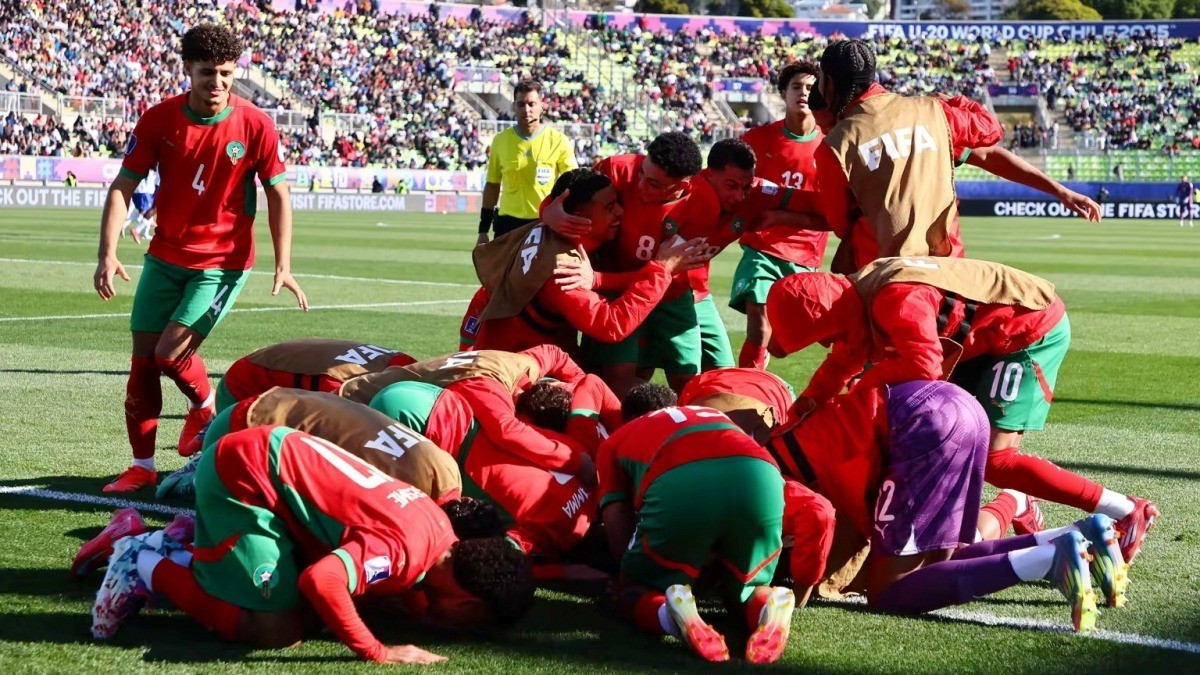
In September, Morocco became the first African team to qualify for the 2026 World Cup, where they hope to continue their winning streak from the previous World Cup. In October, the Atlas Lions beat Congo to make it 16 consecutive wins, surpassing Spain’s record of 15 wins (from 2008-2009) to set a new milestone in world football history. They are also currently ranked 11th in the FIFA rankings, above Germany, Uruguay, the United States and Japan.
Many say that Morocco's football success comes from its policy of naturalizing players. This is true, because they did not participate in the World Cup for two decades before 2018, then flew high at the 2022 World Cup with a talented generation of players born outside the country. Hakim Ziyech, Achraf Hakimi, Sofiane Boufal are 3 of the 14 players on the 2022 World Cup list with dual nationality.
But that’s not all. Over the past 10 years, Morocco has made football a political priority, investing heavily in upgrading and modernizing its sports infrastructure. One of the most prominent projects is the $65 million state-of-the-art football academy named after King Mohammed VI.
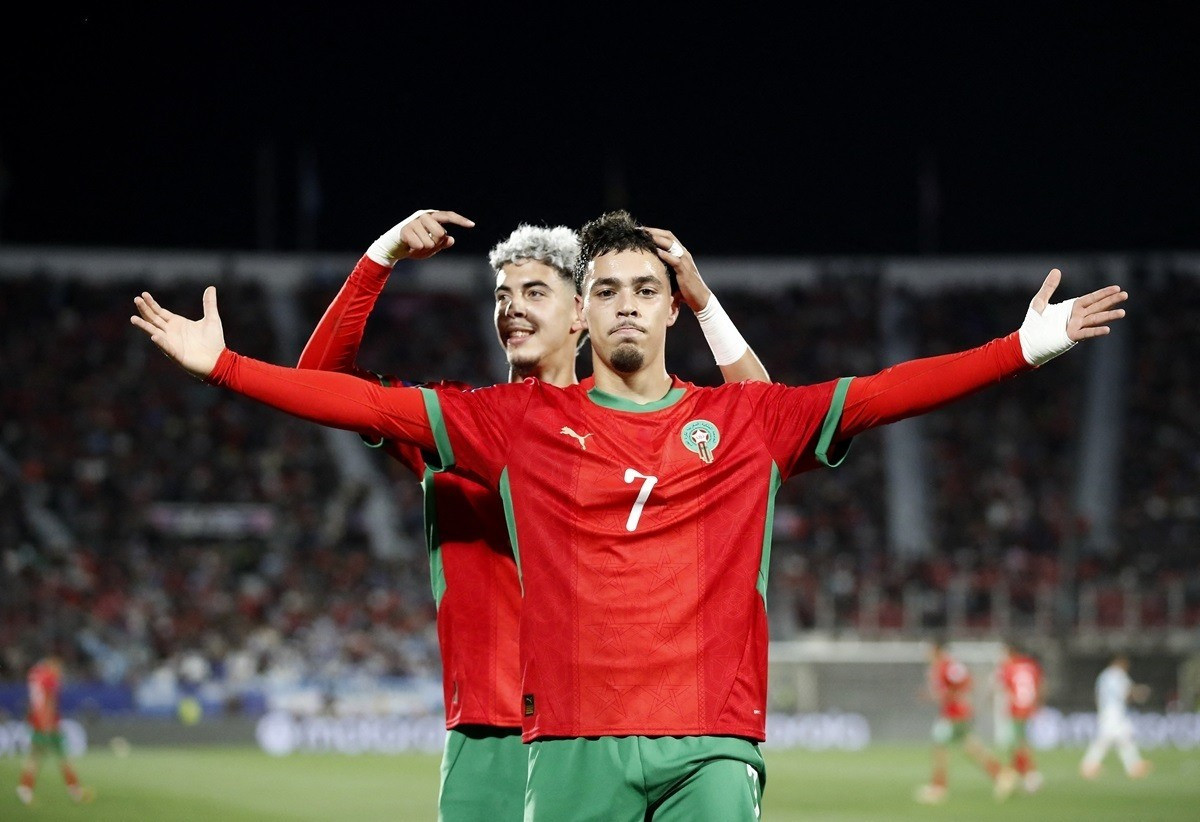
Located just outside the capital Rabat, the 2.5 square kilometer facility includes a school, a health center and four football pitches, all modeled after the layout of a traditional Moroccan Douar village. By 2017, five other training centers were built in different areas to nurture football talent.
Youssef En-Nesyri, who scored the only goal in the recent win over Congo, is also the 4th highest scorer in the history of the Moroccan national team (25 goals), coming from the Mohammed VI Academy, similar to Yassir Zabiri of the U20 team that just won the championship in Chile and was awarded the Golden Boot.
By creating a quality player base, combining investment in infrastructure and sustainable development policies, Morocco’s top clubs have also begun to reap success in African competitions: Casablanca’s Wydad won the CAF Champions League in 2017 and 2022, while cross-city rivals Raja were crowned CAF Confederations Cup (Africa’s version of the UEFA Europa League) in 2018 and 2021.
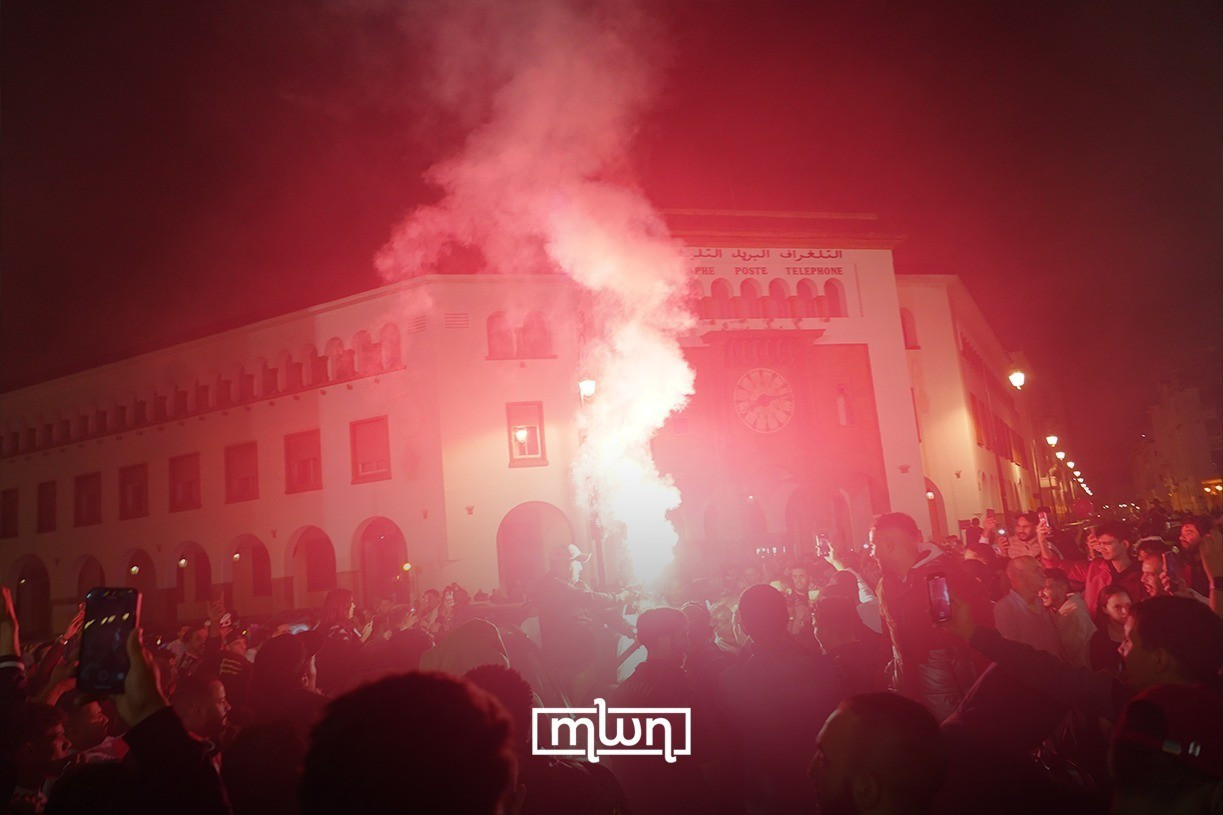
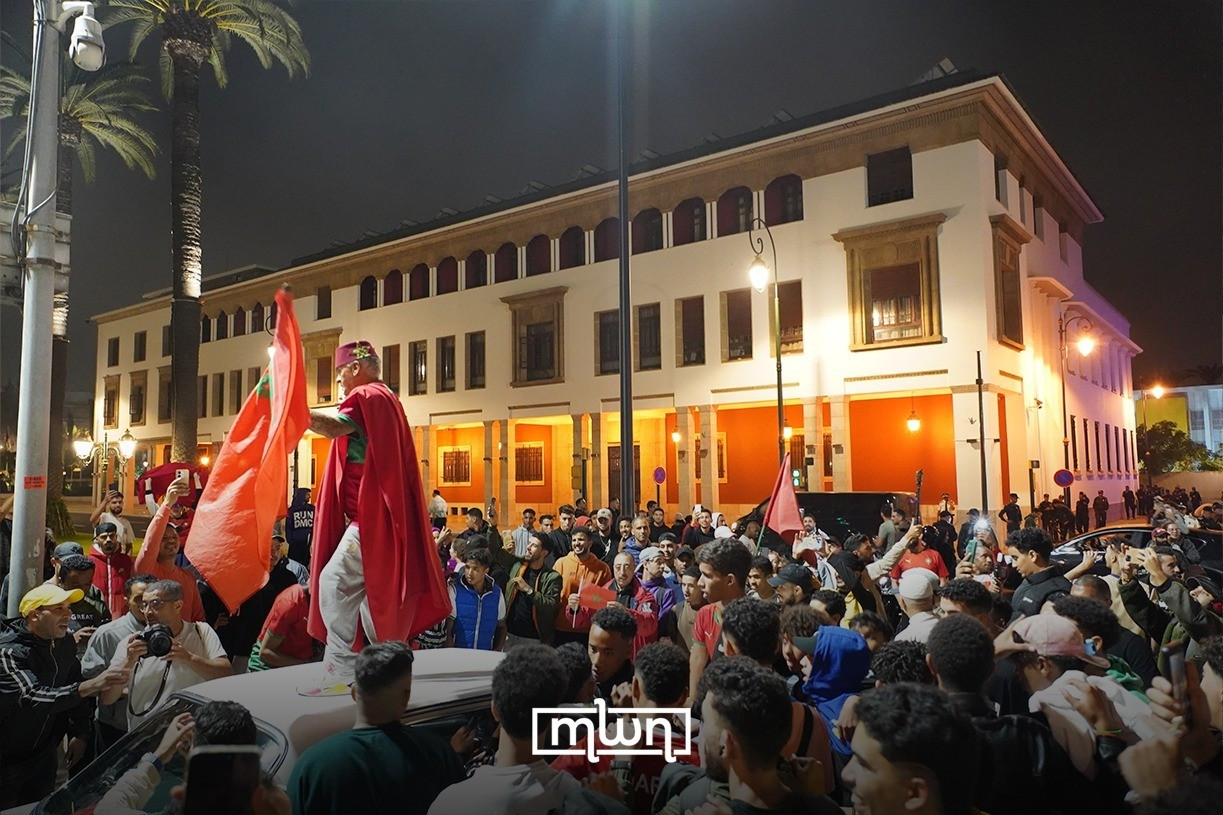
"Morocco chooses to use sport, specifically football, as a tool in its development, and on the African scale, they are doing unprecedented things in terms of investment," sports geopolitics expert Jean-Baptiste Guegan told France24.
In preparation for hosting the 2025 Africa Cup of Nations and with an eye toward the 2030 World Cup, the Grand Stade Hassan II, a new stadium with a projected capacity of 115,000 seats, is being built outside Casablanca. It will be the world's largest football stadium and cost around $500 million to build, and is said to be a symbol of the North African country's new status. In addition, they are building new highways, expanding the high-speed rail network and doubling the capacity of the airport.
Morocco is transforming itself into the continent's football hub. In addition to hosting major tournaments, the capital Rabat is slated to host the next World Football Summit, while FIFA has just confirmed it will open its first permanent African office in Marrakech.
When efforts combine, success on the pitch is inevitable. That is why Fathi Jamal, Director of Technical Development of the Royal Moroccan Football Federation, confidently said that the achievements of the U20 team "are not accidental". And the country located at the mouth of the Mediterranean Sea is also confident of impressing at the 2026 World Cup and the 2030 World Cup, which it will host.
Nham Manh Dung helps The Cong Viettel defeat SHB Da Nang
HIGHLIGHTS The Cong Viettel vs SHB Da Nang: Coach Popov's talent in turning things around

U22 Vietnam at SEA Games 33: Nothing to fear from Malaysia!

Malaysian naturalized star involved in scandal removed from La Liga club
Source: https://tienphong.vn/hoc-gi-tu-cau-chuyen-thanh-cong-cua-bong-da-morocco-post1788898.tpo






![[Photo] General Secretary To Lam receives the Director of the Academy of Public Administration and National Economy under the President of the Russian Federation](/_next/image?url=https%3A%2F%2Fvphoto.vietnam.vn%2Fthumb%2F1200x675%2Fvietnam%2Fresource%2FIMAGE%2F2025%2F12%2F08%2F1765200203892_a1-bnd-0933-4198-jpg.webp&w=3840&q=75)

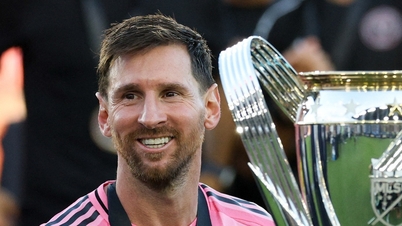

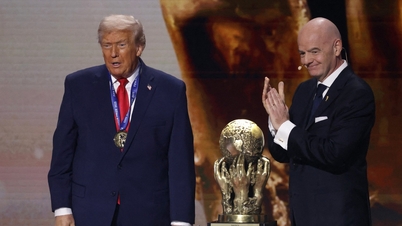



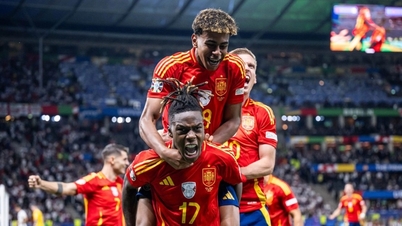

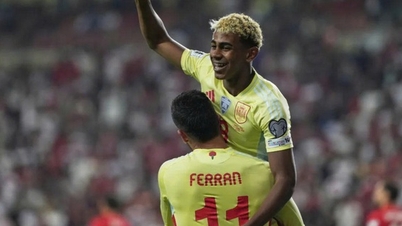

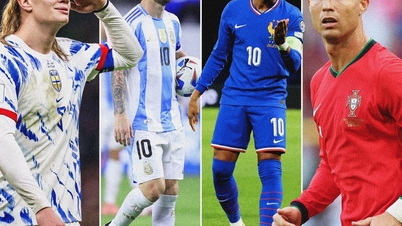

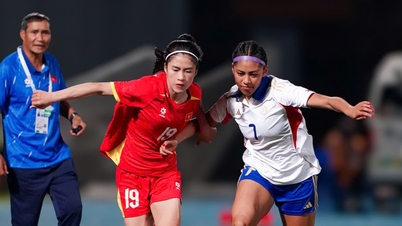
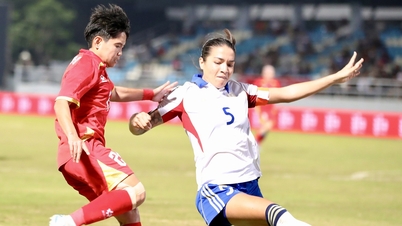

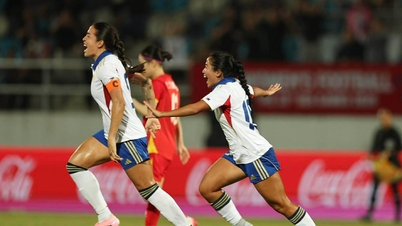
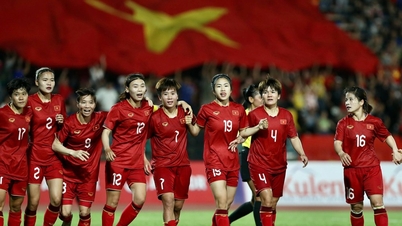
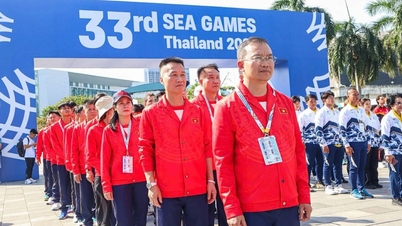
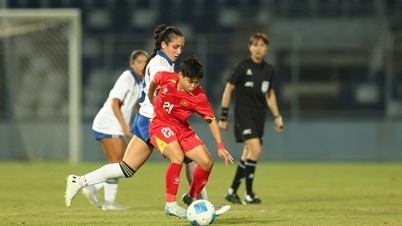






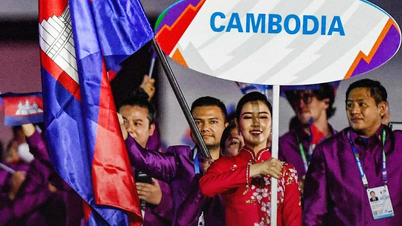
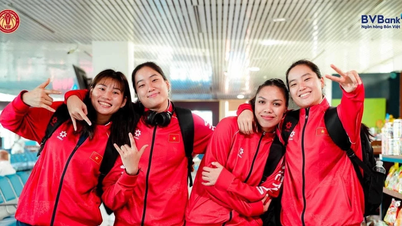
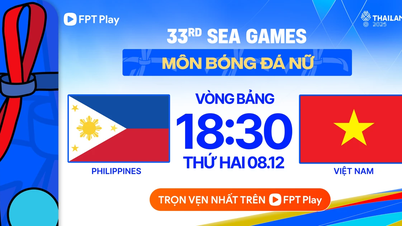
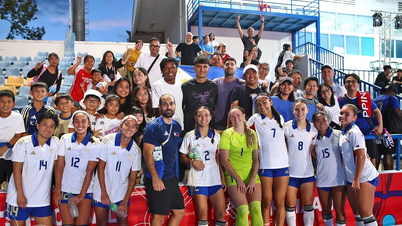




















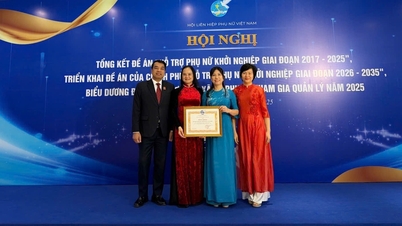












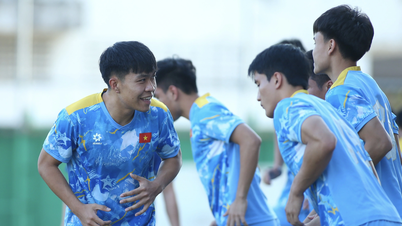
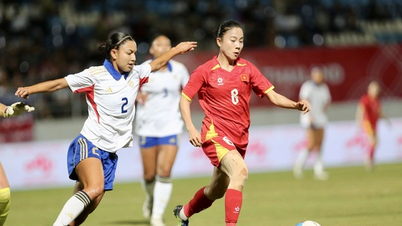
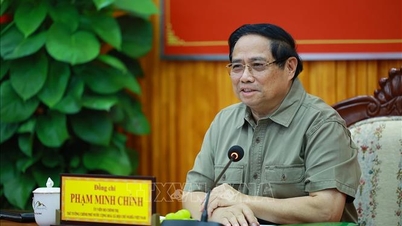

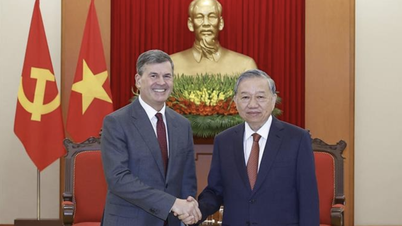


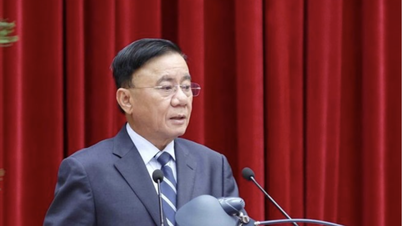
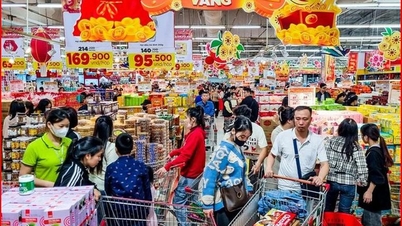

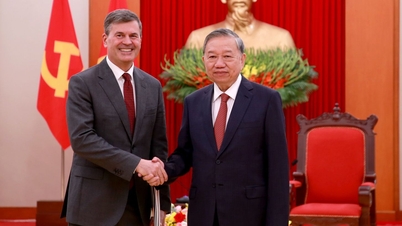








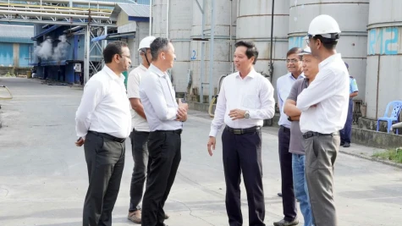

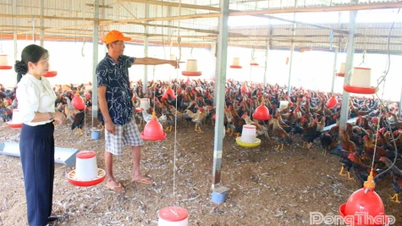
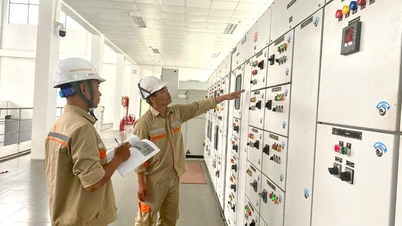

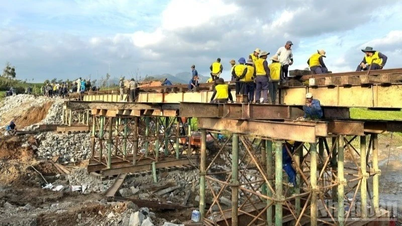

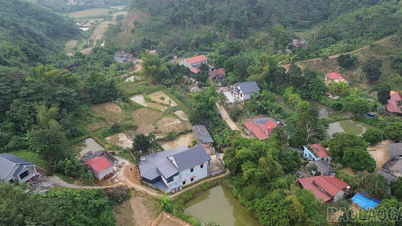

















Comment (0)